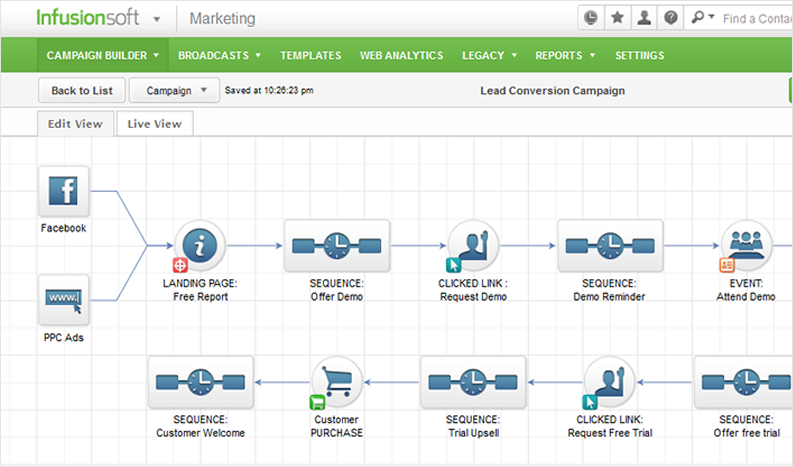Recently I visited a dear friend who asked, although we’d discussed our work many times, asked “but what do you do?”
As Albert Einstein famously said “if you can’t explain it simply, you don’t understand it well enough.”
With that in mind, let me tell you the type of person and business I most often work with and the work I do for them.
I work with busy entrepreneurs who own at least one business and don’t have time to do everything they need or want to do themselves. Since cloning seems to be several decades away from feasibility these owners need to teach and train someone else to help them complete tasks in their business and do so competently.
Experts at the pinnacle of every field have learned the value of leveraging time and expertise to be more efficient.
Your doctor probably does not check you in for your appointment, take your co-pay, record your weight and take your blood pressure. A nurse performs these tasks so the doctor can see more patients in a given day (because medical school is expensive and great doctors are not a commodity).
My local, small town accountant who does my personal and business taxes does not prepare the packets, copy forms, or request documents. He has a team that compiles all of the required data from me before he will sit down and calculate my forms. He doesn’t even call to schedule the appointments and handle the billing – the front desk staff will make those arrangements.
The truck driver does not stack the food on the pallets or wrap each pallet and load them in before hooking up and taking the long haul. He simply shows up with the cab and hooks up the flat bed. Which enables the trained driver to cover more miles than if he was responsible for each step of the process.
In your start up business you’re often responsible for everything on your own, but the hard part is learning when to teach your system to someone else on the team.
What if I don’t have systems in my business?
You may not have a documented system but in most cases, entrepreneurs have preferences for everything that they do. The timing of a blog post or the font you use are both parts of a system. You may not be able to articulate what you want but that’s where I come in to ascertain how you work, what you like and then to create your comprehensive system.
Some call this an Operations Manual, some a Standard Operating Procedure; I call it a Playbook. I describe in my free book download how I came to use this term and why I think it perfectly describes the inner workings of a business.
After you create my Playbook, what then?
Your Playbook looks unlike any resource any other company has at their disposal. It’s customized instructions reflect the way YOU do business, the quirks and preferences you have honed over the months and years. Understanding that there are a multitude of learning styles, I create all the tools for your team including using screenshots, detailed written instructions and short videos. Obviously, this takes some time because it’s custom made to support your business and needs. Knowing what you want is the first step to asking for it.
How do you do that?
It’s hard to describe how I do this work because in some ways I’ve always been organized and analytical. I was the six year old who would organize the shopping basket so everything fit without smooshing the bread.
But when I’m supporting a business to create the systems they need to grow I work in their business, I experience the team, the technology and what you have in place so I can take it to the next level and provide you the leverage you truly desire. By experiencing how you work now, I can easily see the gaps and discuss solutions that will deliver more time, clients, and support in your business.
I find that all of my clients have a big vision for their business – they know why they’re working so hard to make it successful but get stuck figuring out how to make it reality. My unique gift and the crux of what I “do” is to show you the how.
To my friend I was able to say, “I help successful but stuck entrepreneurs discover how to grow their business by developing systems they can delegate in order to free up more time to build the business and enjoy their success. I love what I do.”

 Systems are the Answer to your Struggles
Systems are the Answer to your Struggles Never Train Your Employees Again
Never Train Your Employees Again Do you like money?
Do you like money?